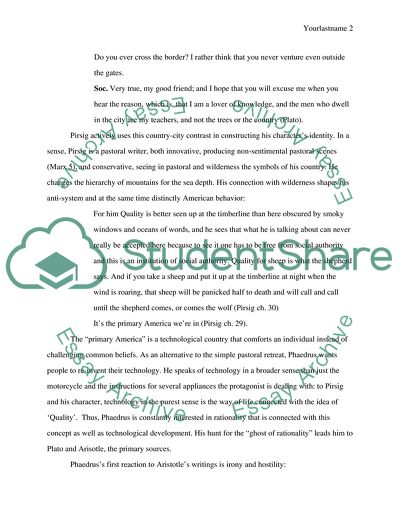Cite this document
(“Compare Plato and Aristotle in western literature Essay - 1”, n.d.)
Compare Plato and Aristotle in western literature Essay - 1. Retrieved from https://studentshare.org/literature/1610808-compare-plato-and-aristotle-in-western-literature
Compare Plato and Aristotle in western literature Essay - 1. Retrieved from https://studentshare.org/literature/1610808-compare-plato-and-aristotle-in-western-literature
(Compare Plato and Aristotle in Western Literature Essay - 1)
Compare Plato and Aristotle in Western Literature Essay - 1. https://studentshare.org/literature/1610808-compare-plato-and-aristotle-in-western-literature.
Compare Plato and Aristotle in Western Literature Essay - 1. https://studentshare.org/literature/1610808-compare-plato-and-aristotle-in-western-literature.
“Compare Plato and Aristotle in Western Literature Essay - 1”, n.d. https://studentshare.org/literature/1610808-compare-plato-and-aristotle-in-western-literature.


